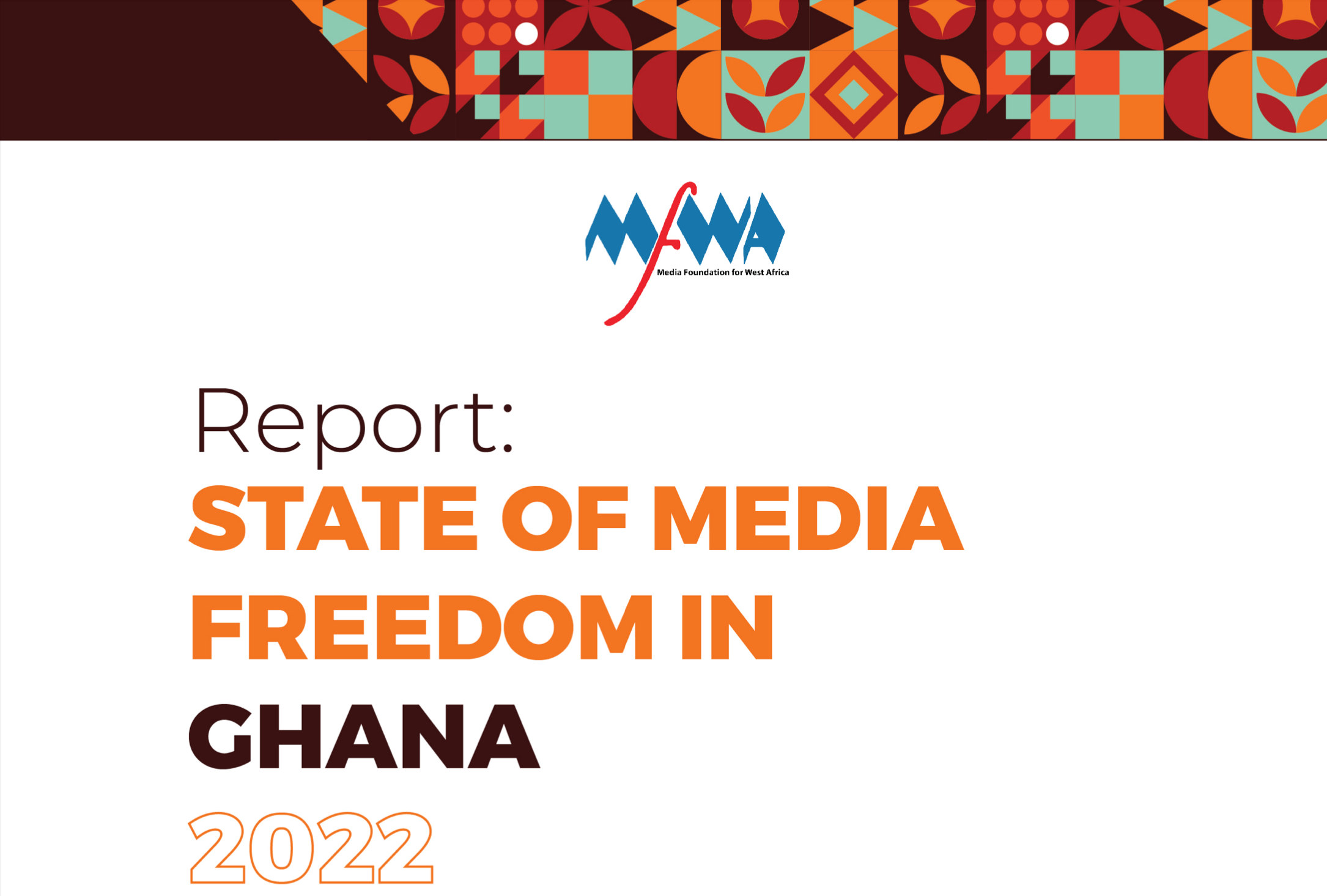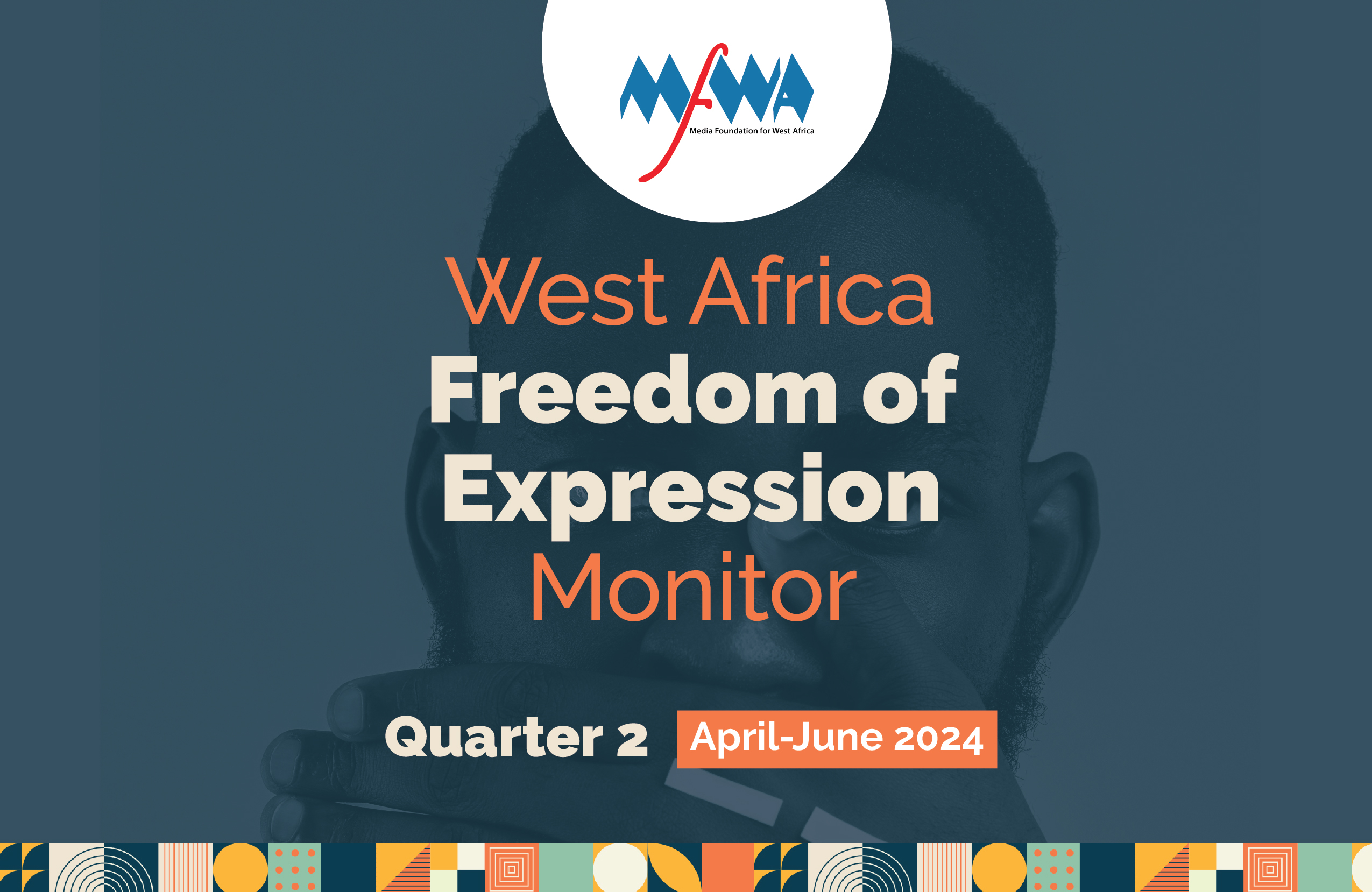Up until 2019, Ghana had carved for itself, a reputation as a leading democracy in Africa with a vibrant press culture that was often cited as exemplary. In the past three years however, that reputation has lost a lot of shine, with the country which had been ranked in 2018 by Reporters without borders (RSF) as having the freest media environment in Africa, falling to 13th place in the rankings for 2022. In the same 2022 rankings, Ghana plummeted 30 places globally.
This report presents a review of the media environment in Ghana that unfortunately confirms that the reversal of press freedom in the country, as assessed by global press freedom watchdogs such as the RSF, is not mere theory.
Among its peers in Africa, Ghana remains a country with a very progressive legal environment for media freedom. The 1992 constitution makes provision for free expression in general, and press freedom in specificity. In addition, Ghana repealed its criminal libel laws in 2001 and passed a Right To Information Law in 2019.
However, there remain a few laws, which though purposed to put useful limits on free expression, have proven to be toxic for press freedom. Example is Section 208(1) of the criminal code, 1960, Act 29 which criminalizes false news. Also, the law that mandates the National Communications Authority (NCA) , to issue spectrums for broadcasting and revoke licenses essentially, arms the political appointees who head the NCA with the power to victimize their political opponents.
Between 2019 and 2022, the leveraging of these problematic laws by the government of the day, contributed greatly to the plethora of press freedom violations that led to Ghana losing its reputation as the country with the freest media in Africa. Among the notable violations recorded are arrests and detentions that were perpetrated against journalists by Ghana’s national security operatives. Also, there was at least one instance of a court sentencing a journalist to prison in connection with alleged publication of false news.
There was also at least one instance in which thugs attacked a radio station.
During the 2020 elections in Ghana, the violations worsened, with the Police brutalizing some journalists. Then, after the elections, some journalists were crippled by gunshot attacks by security agents.
Meanwhile, it is not only the quality of press freedom that has eroded in the country, the quality of media reporting standards have also fallen. This is due to excessive politicisation of the media in Ghana, poor conditions of service for journalists and inadequacy of training among media practitioners.
Given the foregoing, there is the need for deliberate efforts to improve the media environment in Ghana. Government should lead these efforts by putting in place measures that beef up protection for journalists and press freedom. It is also recommended that the safety of journalists is deliberately promoted while security agents are trained to respect the right to free expression.
For the media itself, it is important that deliberate efforts are made to pursue professionalism while media owners must invest in the safety, protection and training of staff.
These recommendations and more are contained in this report.






